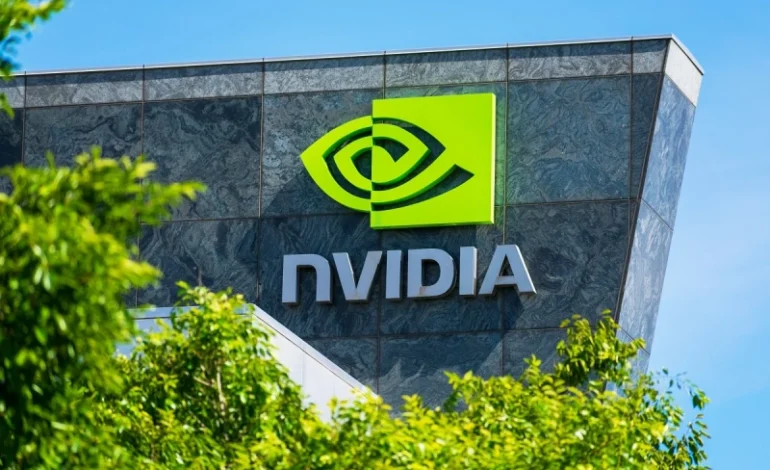Nvidia, the prominent AI chip designer, has experienced a significant drop in its share value following reports of an intensified antitrust investigation by US authorities, the Guardian reports.
On Tuesday, the company witnessed its largest one-day loss in history for a US company, with its market value plummeting by $279 billion (£212 billion), reducing its total valuation to $2.6 trillion. This substantial decline continued in after-hours trading, with shares falling an additional 2.4%.
The sharp decline came after Bloomberg reported that the US Department of Justice had issued subpoenas to Nvidia and other tech companies. These subpoenas require the companies to provide information as part of an ongoing investigation into potential violations of competition laws. Authorities are reportedly concerned that Nvidia’s business practices may have made it difficult for clients to switch to alternative semiconductor suppliers, potentially penalizing customers who do not exclusively use Nvidia’s AI chips.
If these concerns are substantiated, it could lead to the US government taking formal legal action against Nvidia, further intensifying the antitrust scrutiny.
The steep sell-off in Nvidia’s stock was part of a broader market downturn triggered by weak US manufacturing data, which raised concerns about the country’s economic outlook. The Institute for Supply Management’s monthly factory survey indicated that manufacturing activity contracted at a moderate pace in August, with declines in new orders, production output, and employment levels. This news sent the S&P 500 index down by more than 2% and the tech-focused Nasdaq Composite down by almost 3.3%.
The market turmoil extended to global markets, with Japan’s Nikkei 225 index dropping by 4.2% and Australia’s S&P/ASX 200 index falling by 1.9% on Wednesday.
Nvidia’s stock has already been subject to volatility, alongside other AI-related companies such as Google, Apple, and Amazon. Investors have become increasingly cautious, concerned that the highly anticipated AI revolution may take longer to yield tangible benefits and financial returns.
Nvidia, founded in 1993 and initially known for designing chips for video games, shifted its focus to artificial intelligence amid the cryptocurrency boom, where its processing technologies were utilized for mining digital currencies. The company has since capitalized on the growing excitement surrounding large language models and AI technology. Despite reporting a 122% increase in second-quarter revenues last week, investor sentiment was dampened by indications of a slowdown in growth, particularly concerning its next-generation AI chips, codenamed Blackwell.
“Nvidia wins on merit, as reflected in our benchmark results and value to customers, who can choose whatever solution is best for them,” stated Nvidia spokesperson.









